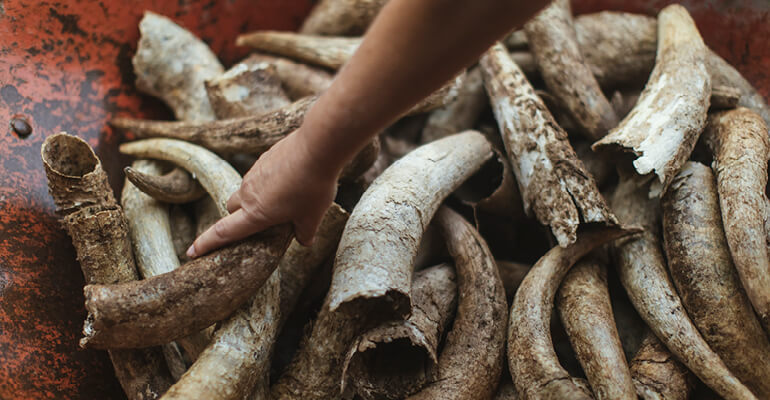The Wacky and Wild World of Biodynamic Wines!


In the last newsletter sign up here, we explained everything you needed to know about Organic Wines. While “organic” will always be a buzzword for food, wine, clothing, etc., another certification takes a bit of imagination to understand, called biodynamics. If you are a wine geek reading this newsletter, you most likely know about biodynamics and these wines’ quality. If you’re not familiar, here’s the wacky story behind these fantastic wines.
What Does Biodynamic Mean?
Merriam-Webster defines biodynamic as “of or relating to a farming system that follows a sustainable, holistic approach that uses only organic; usually, locally-sourced materials for fertilizing and soil conditioning views the farm as a closed, diversified ecosystem, and often bases farming activities on lunar cycles.”
The concept of biodynamics started in the 1920s with an Austrian philosopher named Rudolph Steiner. Steiner looked at how the Greek, Egyptian and American settlers raised crops. The Farmer’s Almanac was always a reference that crop growers used to consider the weather, the lunar cycles, and a system of soil treatments based on these variables.
The general idea is to create an ecosystem that sustains life.

What Makes is Biodynamic Farming Practices Worth Checking Out?
Scientists have been reticent to take biodynamic farming seriously. Putting time into studying lunar cycles and crops may seem like a luxury. However, a Journal of Renewable Agriculture and Food Systems study noted that biodynamic farming positively impacts biodiversity, soil quality, and yield. Biodynamic farming used less energy and was more efficient than more common farming techniques. Another study revealed that biodynamic soils helped suppress disease more than non-organic soils.
Is Biodynamic Wine Organic?
Biodynamic and organic are similar, as they don’t use chemical fertilizers. Biodynamic wine relies on farming techniques using the lunar calendar and turning the vineyard into its own self-sustaining ecosystem. The growth cycle is augmented by using all-natural composts.
Now for the Wacky, Wild Stuff
To become certified “Biodynamic,” the viticulture requires a unique series of nine different compost preparations stuffed into cow horns and buried in the soil. (You read that right. Cow horns.) Later, the cow horns are dug up and reused, and the “stuffing” is distributed throughout the vineyard.

These include everything from manure to yarrow blossoms, chamomile, dandelion, valerian, and stinging nettles. There is no scientific evidence on whether cow horns are truly necessary for creating a dedicated organic gardening process. But science hasn’t proven that it’s not necessary, amirite!

Note: Biodynamic soils have been tested against non-organic soils, and they showed an overall higher quality of grape material.
Why Should You Be Looking for Biodynamic Wines?
Biodynamic winemakers are fanatical about the quality of wine that they are producing. The passion and labor that goes into biodynamic farming translate into great wines. From experiencing the majority of biodynamic wines that I have, you can feel the energy and nurturing that goes into each bottle of these painstakingly-made wines. There are Biodynamic wines made in nearly every wine-growing country in the world!
Finding Biodynamic Wines
Here are the two best resources to find Biodynamic Producers!
- Demeter International provides a resource of their Demeter Biodynamic Wines.
- Biodyvin certifies only 100 European wineries. Biodyvin Biodynamic Wines.
There are just over 600 biodynamic wine producers in the world. Have fun checking them out!
This is the app to get for Drinking on the Right Days.




0 Comments